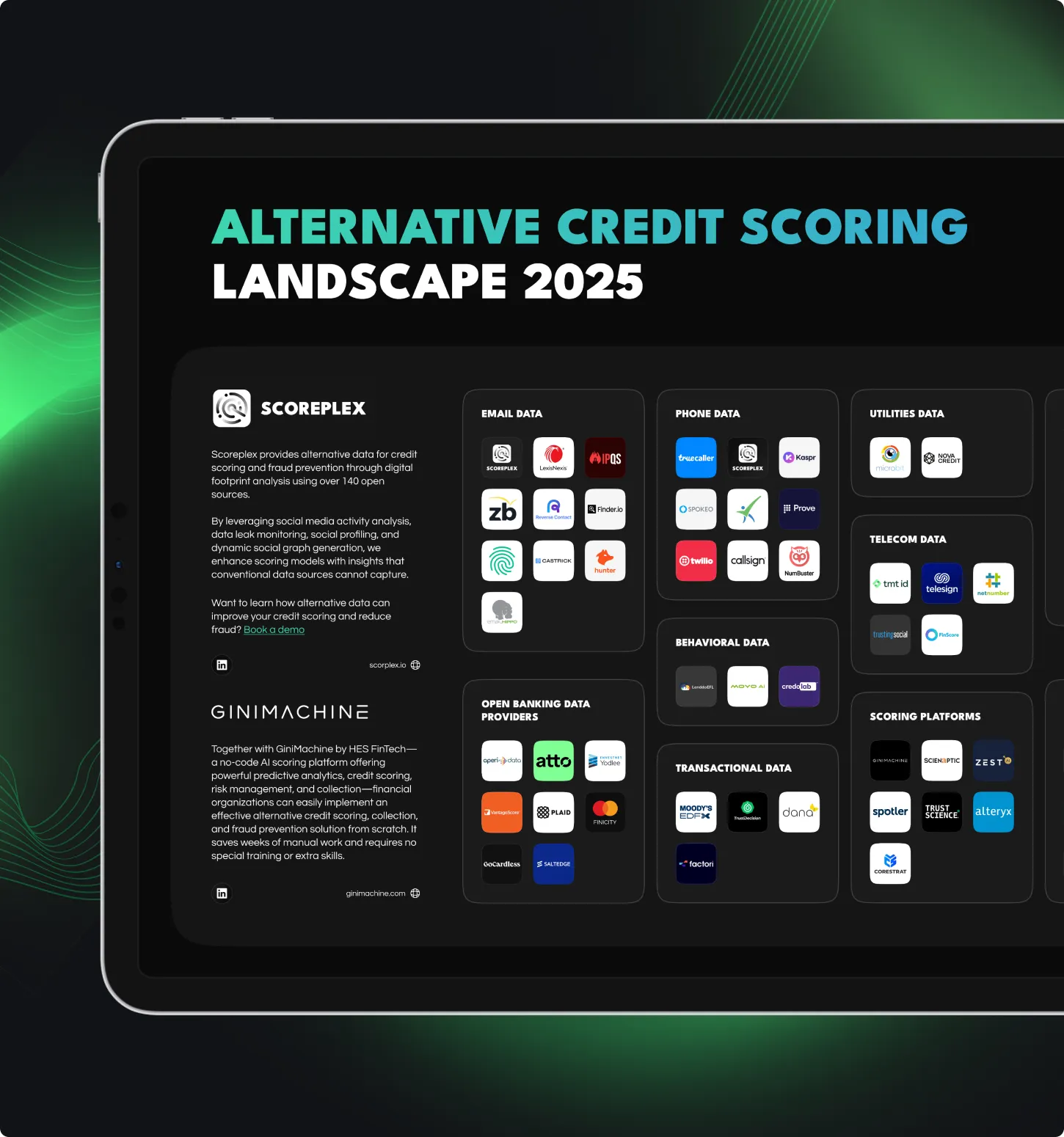Our team has just returned from Money20/20 Middle East in Riyadh, and the experience was nothing short of inspiring.
Money20/20 Middle East isn’t just another fintech event. It’s where global leaders and rising talent sit at the same table. Developed with input from regulators, banks, and technology leaders, this year’s edition tackled the most pressing regional priorities—regulation, financial inclusion, instant payments, digital wallets, and capital markets—through the lens of both global and local insights.
Here’re the highlights from the event shared by our colleagues: our CRO Dmitry Dolgorukov and Business Development Executive Tanya Hancharuk.
Saudi Arabia: A Fintech Market on the Rise
It’s impossible to talk about Money 20/20 Middle East without mentioning the incredible transformation of Saudi Arabia’s financial services sector. In just five years, the market has grown from a handful of startups (14 companies in 2019) to a global fintech hub (260+ companies in 2025).

One of the main drivers of such progress is Saudi Arabia’s Vision 2030, a strategic roadmap on non-oil sectors like tourism, entertainment, and technology. Already in 2024, Saudi Arabia’s fintech sector reached a major milestone, surpassing all three mid-point performance targets of the national fintech strategy a full year ahead of schedule.
For some attendees, Money20/20 was about reconnecting with partners, for others it was about stepping into new markets. For us, it was all of these things—and more. It’s not just about watching the crucial changes unfold in the fintech sector, but being part of them.
 Tanya HancharukBusiness Development Executive at HES FinTech
Tanya HancharukBusiness Development Executive at HES FinTech
FinTech Trends at Money 20/20: Short Recap
Being one of the most popular innovation-driving events in the region, Money 20/20 Middle East appeared to be a perfect platform to discuss and witness new fintech trends. Here’s a short list of the ones that businesses should not overlook.
AI Regulation and Open Banking
AI-driven decision-making applied within open banking ecosystems is reshaping credit, payments, and customer engagement. Also, it raises urgent questions about transparency, accountability, and regulatory alignment. Driving innovation while protecting consumers, ensuring data privacy, and safeguarding systemic trust is the new challenge for fintech companies.
Rethinking Creditworthiness with Alternative Data
Open banking and alternative data sources are reshaping traditional credit scoring and finding ways to serve gig workers, informal entrepreneurs, and financially excluded individuals.
The trend resonated strongly with us: our AI-powered engine GiniMachine already uses predictive modeling that can be enriched with alternative data to drive smarter, fairer lending decisions.
Banking Without Borders: Embedded Finance in Emerging Markets
Embedded finance and the API economy are revolutionizing how financial services are delivered, no longer confined to banks, but seamlessly integrated into e-commerce, agriculture, ride-hailing, and logistics.
The Future of Global Finance is Local + Digital
AI is no longer optional—it’s everywhere. From reducing manual work to handling text, voice, and scripts at scale, AI is redefining how banks operate.We’re already at the stage when off‑the‑shelf AI solutions often fail to address the realities and complexities of emerging and frontier markets. To thrive in their own environment, local innovators are setting new benchmarks for what AI‑driven banking can achieve.
For us at HES FinTech, this rapid growth is not just a statistic—it’s a call to action. With our Shariah-compliant, end-to-end lending platform HES LoanBox, we are proud to be part of this transformation, empowering lenders in Saudi Arabia to innovate responsibly and inclusively.
 Dmitry DolgorukovCRO at HES FinTech
Dmitry DolgorukovCRO at HES FinTech













